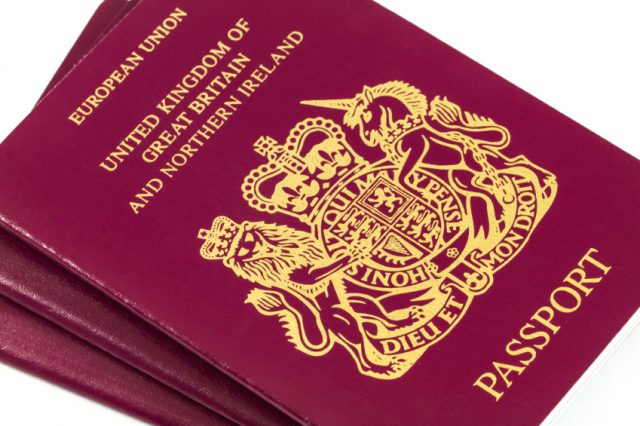Last month, MP’s decided to back the controversial ‘Right to Rent’ legislation as part of the second reading of the Immigration Bill in Parliament. This means that the scheme is moving ever closer to being rolled out across the whole of England, following a prolonged trial period in the West Midlands.
Concerns
However, this trial has uncovered some serious issues for tenants and landlords alike. Research from the pilot scheme shows that some landlords were guilty of discriminating against some tenants purely on the basis of their background. Others were said to turn away some would-be tenants purely because they had a foreign accent.
An investigation conducted by The Joint Council for the Welfare of Immigrants of tenants and landlords in the trial area also found that some tenants were being charged an extra £100 in administration costs. What’s more, some landlords were found to be reluctant to offer viewings to potential tenants who would need more time to provide paperwork, suggesting many migrants could be turned down.
Tips
In light of these problems, buy-to-let landlords should follow these helpful tips in order to be confident and vigilant in conducting Right to Rent checks:
- Establish who will be living in the property
Landlords should consider if the number of occupiers looking to rent is reasonable for the size, type and condition of the property. All enquiries and responses should be recorded
- Source original versions of documentation
All agents and landlords should obtain original copies of documentation required that proves a potential tenants’ immigration status. These include passports, visas and national identity cards. Checks must be made up to 28 days before a tenancy agreement can be started.
- Check in the presence of the holder
It is important that landlord conduct validity checks in the presence of the potential tenant(s). Landlords or agents must be sure that the documents belong to the person(s) in question and pay attention to information such as DOB’s, to ensure they are consistent throughout all documentation.
- Make copies and date them
Documents should be copied and retain with the date that they were checked. Copies should be made in a manner in which they cannot be edited at a later date. These in turn should be securely retained, either electronically or by hard copy.
- Conduct follow-up checks on time
These should be carried out in the same manner as initial checks. If someone is found to no longer have the Right to Rent, the owner does not need to evict. Instead, they should inform the Home Office by phone or email.
- Get help with proof
If a potential tenant cannot prove their immigration status because of ongoing issues, agents or landlords can request a check from the Home Office. An answer will be sent within two working days.
- Remember that some properties are excluded
Tied accommodation, local authority tenants and leases of seven years or more are excluded from the checks. In addition, students nominated by a higher educational institution are also exempt.
Hard
Jane Morris, Managing Director of PropertyLetByUs.com, said, ‘the research shows that some legitimate tenants who cannot easily identify themselves using a British or EU passport are finding it harder to secure somewhere to live.’[1]
‘Under the pilot scheme, would-be tenants have to produce evidence from a checklist of documents that they have permission to be in the UK and landlords have to take a copy for their records. Before dismissing a prospective tenant, it is important that landlords make all the necessary checks. The legislation requires landlords to carry out extensive checks to ensure a tenant has British, EEA or Swiss nationality. If the prospective tenant is of a different nationality, their visa or passport will have to be checked to see if they have a right to rent. Landlords are also required to notify the home office if the tenant’s visa expires,’ she added.[2]
[1] http://www.propertyreporter.co.uk/landlords/top-tips-for-landlords-on-conducting-right-to-rent-checks.html
Is the Housing Market Starting to Rebalance?
The latest high street banking data and mortgage market commentary from UK Finance suggest that the housing market may be …
Number of buy-to-let landlords is falling
An interesting new investigation has revealed that the number of buy-to-let landlords in Britain has dropped by 154,000 since 2015. …
31% of landlords unaware of proposed letting agent fees ban
A new survey has revealed that nearly one-third of buy-to-let landlords are unaware of proposals to ban letting agent fees. …
What causes landlords’ biggest anxieties?
New research from Upad his discovered what features of buy-to-let investment make landlords most anxious. Many would-be landlords continue to …
Landlords beginning to adapt to new market
The most recent Buy to Let Britain report from Kent Reliance has revealed shifting sentiments in the market, as landlords …
